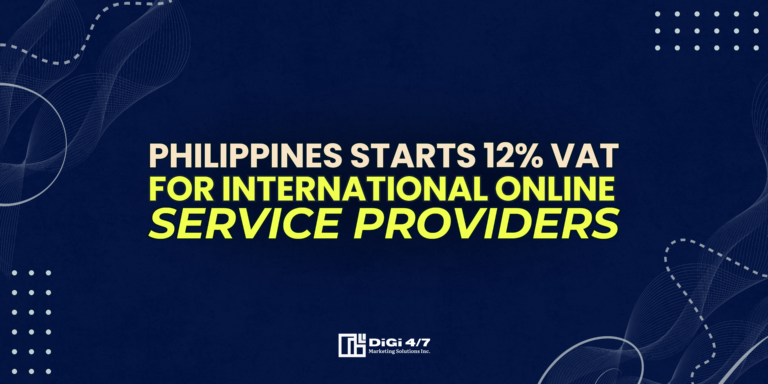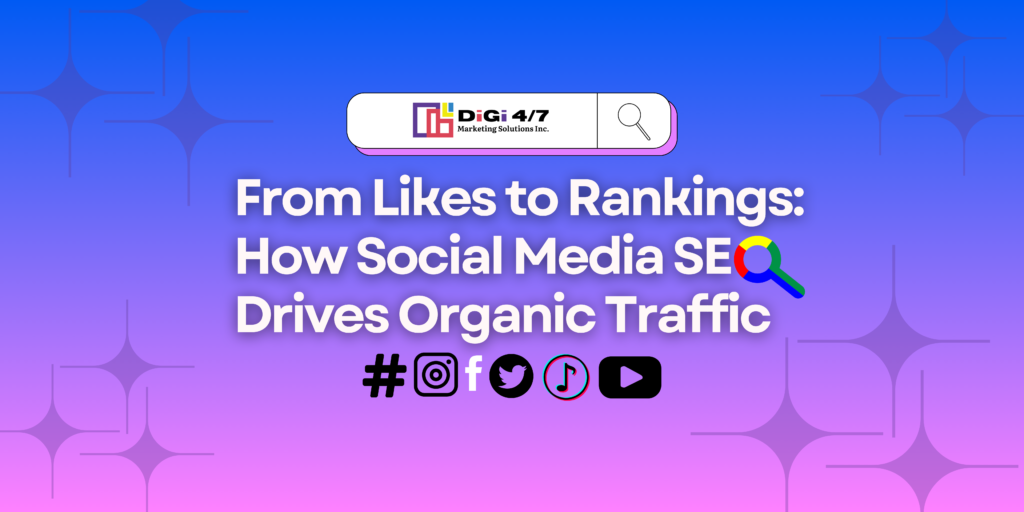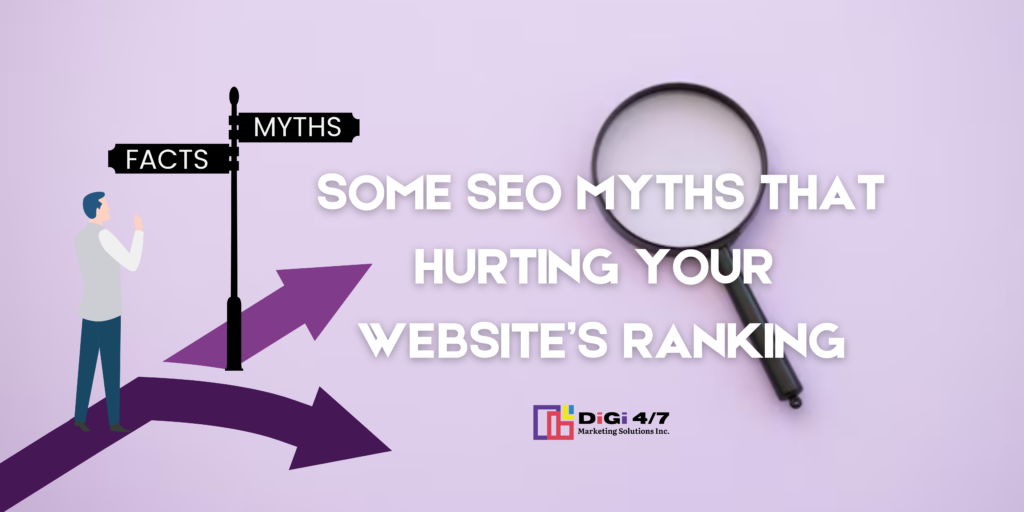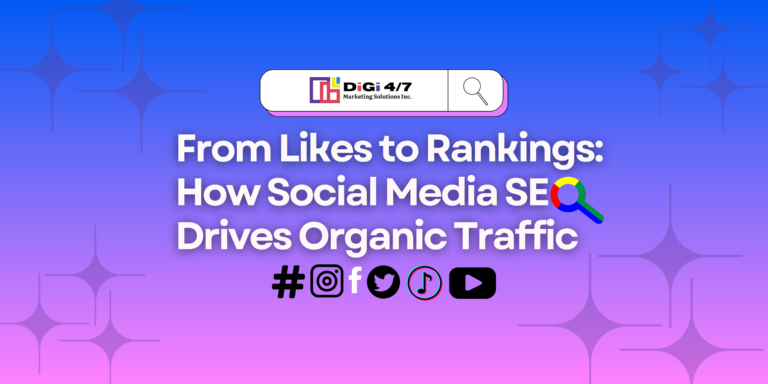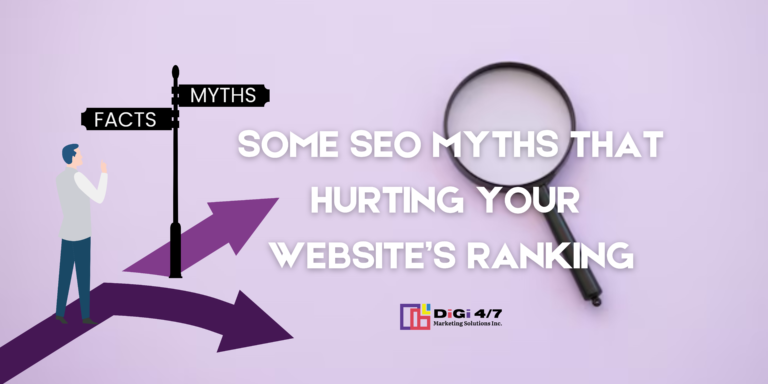Philippines Starts 12% VAT for International Online Service Providers
Published May 7, 2025
Key Highlights
Digital VAT Enforcement Begins: Foreign digital service providers must now collect and remit 12% VAT on sales to Filipino consumers, even without a physical presence in the country.
Level Playing Field: The law ensures tax fairness between local and foreign digital businesses, aligning the Philippines with countries like Australia, Canada, and the EU.
Broad Scope of Coverage: Affected services include streaming platforms, online ads, cloud storage, apps, software, e-books, and e-commerce platforms earning over ₱3M annually from the Philippines.
Mandatory Registration: Non-resident providers must register with the BIR, appoint a local representative, and comply with tax rules—or risk being blocked from operating in the country.
Selective Exemptions: Educational platforms approved by DepEd, CHED, or TESDA, and digital financial services (e-wallets, online banking) are exempt from VAT to preserve affordability and access.
Creative Industry Support: 5% of collected VAT will be allocated to develop local creative sectors, benefiting Filipino artists, musicians, and content creators.
In a major step toward updating its tax policies, the Philippines has extended the 12% Value-Added Tax (VAT) to foreign digital service providers.
Under Republic Act No. 12023, signed by President Ferdinand Marcos Jr. on October 2, 2024, non-resident digital platforms are now required to collect and remit VAT on services they provide to Filipino consumers. This applies even if the companies have no physical presence in the country, ensuring that international digital businesses contribute fairly to the Philippine economy.
Why is the Philippines implementing taxes on foreign digital services?
The Philippine government now wants to make sure that foreign digital services, like streaming sites or online apps, pay the same taxes as local businesses. This helps make things fair for everyone and follows what other countries like Australia, Canada, Singapore, and the European Union are already doing.
With this new rule, the government expects to collect around ₱105 billion over the next five years. By 2025, they hope to get about ₱7.25 billion in tax from these digital companies, even if only half of them follow the rule.
Which parties are affected by the new digital VAT law?
Foreign digital companies like Netflix, Amazon, Shein, and Disney+ will now need to pay taxes in the Philippines. This is because of a new law called Republic Act 12023, which says that online services used by Filipinos must follow the country’s tax rules—even if the company is based in another country.
The law covers many digital services such as video and music streaming, cloud storage, online ads, apps, software, e-books, and even online shopping platforms. If a company earns more than ₱3 million a year from Filipino customers, it must register with the Bureau of Internal Revenue (BIR), assign a local representative, and pay 12% VAT on its total sales.
This new rule is meant to make things fair for local businesses, which already pay VAT. It also helps the government collect more income from the fast-growing digital market. If these foreign companies do not follow the rules, they may be stopped from doing business in the Philippines.
The law puts the country in line with other places like Australia, Canada, and the European Union, which already have similar digital tax rules.
Exemptions: Which digital services are excluded from the new tax law?
Some digital services won’t be charged with the 12% VAT under the new law. These include:
- Education services from schools or learning centers approved by:
- Department of Education (DepEd)
- Commission on Higher Education (CHED)
- TESDA (Technical Education and Skills Development Authority)
- Subscription services used by DepEd, CHED, or TESDA schools
- Online financial services, like:
○ Online banking
○ E-wallets and payment apps
These services are not taxed to keep education affordable and to make sure people can still use financial tools easily.
How will the Philippines implement and enforce the digital VAT law?
To make the rollout smoother, the Philippine government plans to implement the new VAT law in stages:
- Within 90 days, the Bureau of Internal Revenue (BIR) is expected to release the Implementing Rules and Regulations (IRR) to guide the enforcement of the law.
- A 120-day transition period will follow, giving the BIR time to set up the systems needed for proper tax collection.
As part of this new measure, 5% of the VAT collected under RA 12023 will go toward supporting the local creative industry, helping Filipino artists, musicians, and filmmakers.
The 12% VAT on foreign digital services is a major step in making taxation fair for both local and global businesses operating in the Philippines. It aims to capture taxes from the fast-growing digital sector and reduce unfair competition for local providers.
Foreign digital service providers are advised to register with the BIR and understand their responsibilities under the law to stay compliant.
With many countries already applying similar rules, the Philippines is now joining a global push to tax digital platforms fairly and ensure they contribute to national development.
Source: gov.ph

